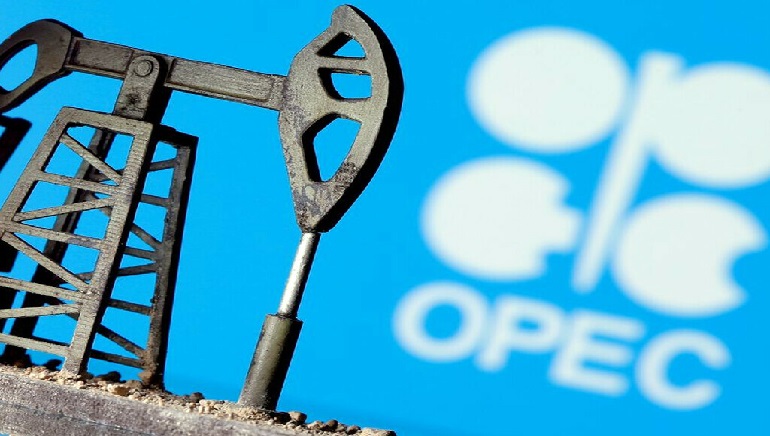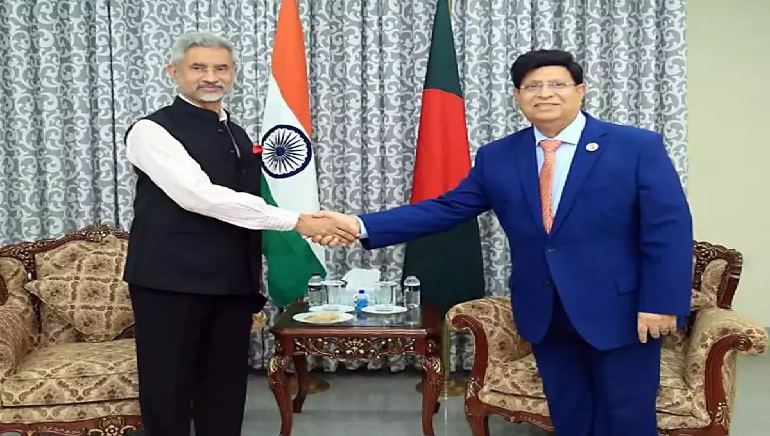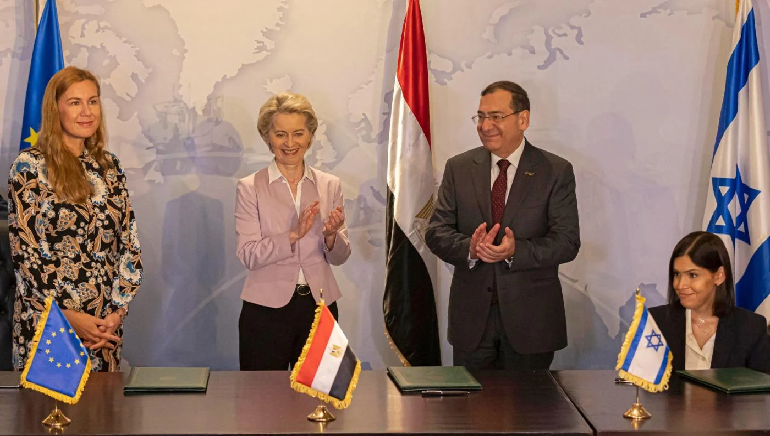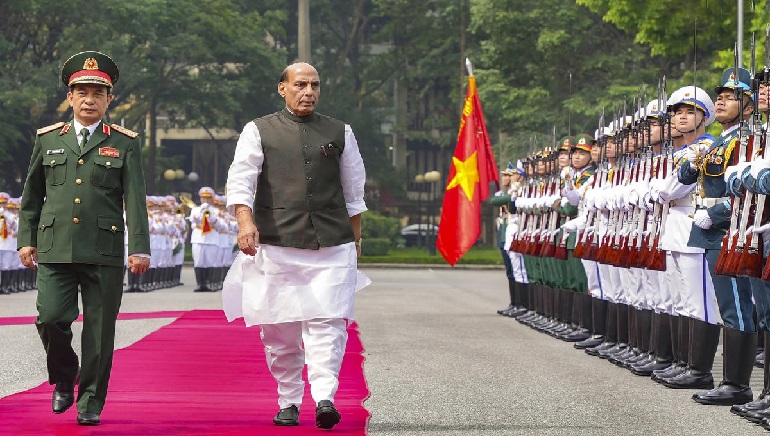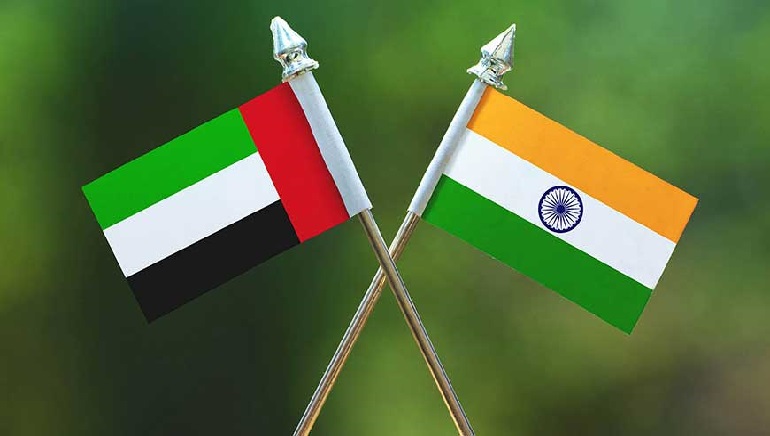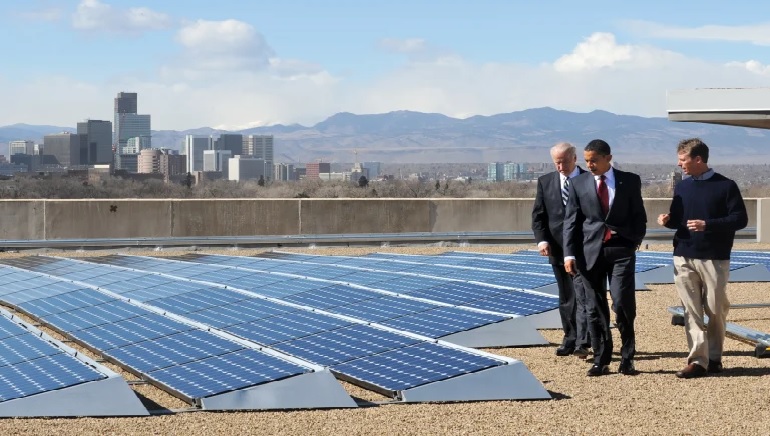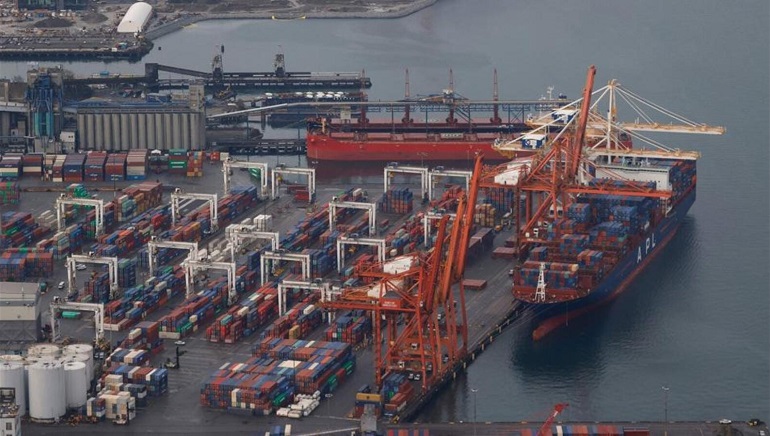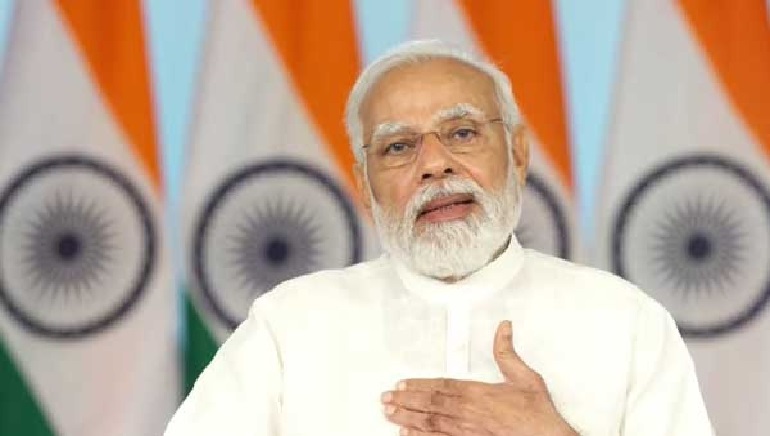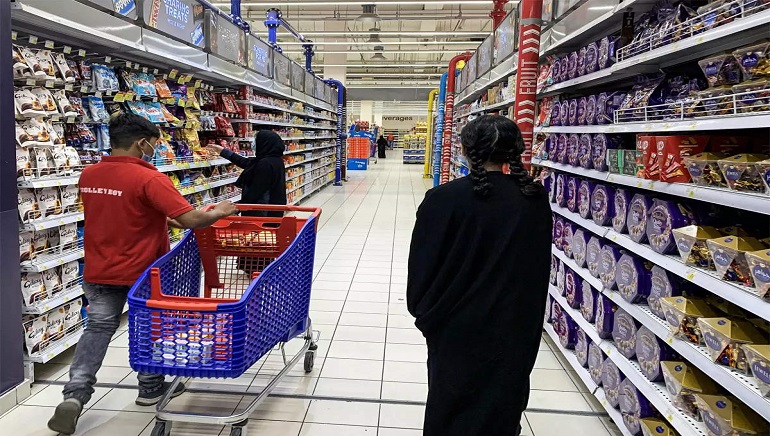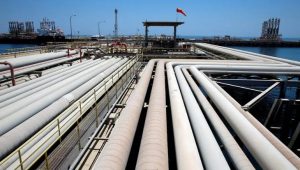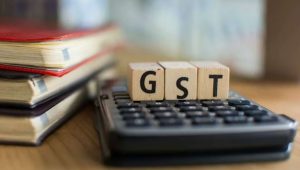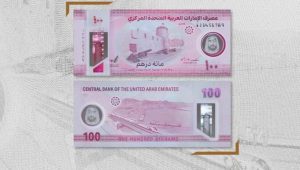On Thursday, on the second and last day of OPEC+ meetings, the top sources suggest it is doubtful that the group would vote soon to continue pumping barrels into the market after August.
OPEC+ increased its monthly output target for July and August from 432,000 barrels per day (bpd) to 648,000 bpd at its most recent meeting in early June. An advisory Joint Ministerial Monitoring Committee will meet at 1100 GMT, followed by a full OPEC+ meeting.
Commerzbank analyst Carsten Fritsch issued a report stating, “Confirmation of this is likely to be more formality today. What is more important is what will happen next”. Organization of the Petroleum Exporting Countries plus allies such as Russia form OPEC+.
Following months of Western pressure on OPEC+, Washington welcomed the decision by producers in June. Following sanctions imposed by the West on Russia over its invasion of Ukraine that began on Feb. 24, “special military operations,” Moscow called the invasion “a special military operation”.
Five OPEC+ delegates said Thursday’s meeting would focus on confirming output policies for August rather than discussing September.
According to two more OPEC+ delegates, the issue of production after August could emerge, but it is unclear what steps can be taken.





